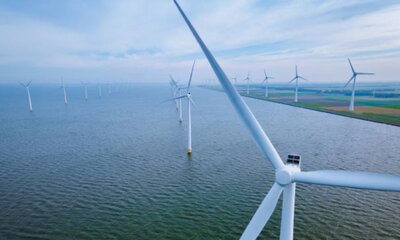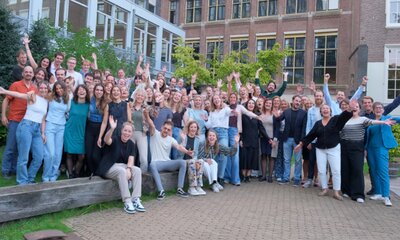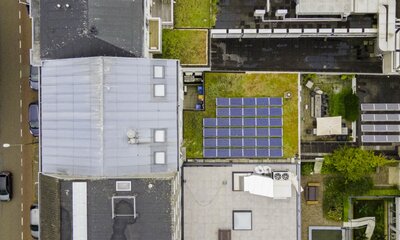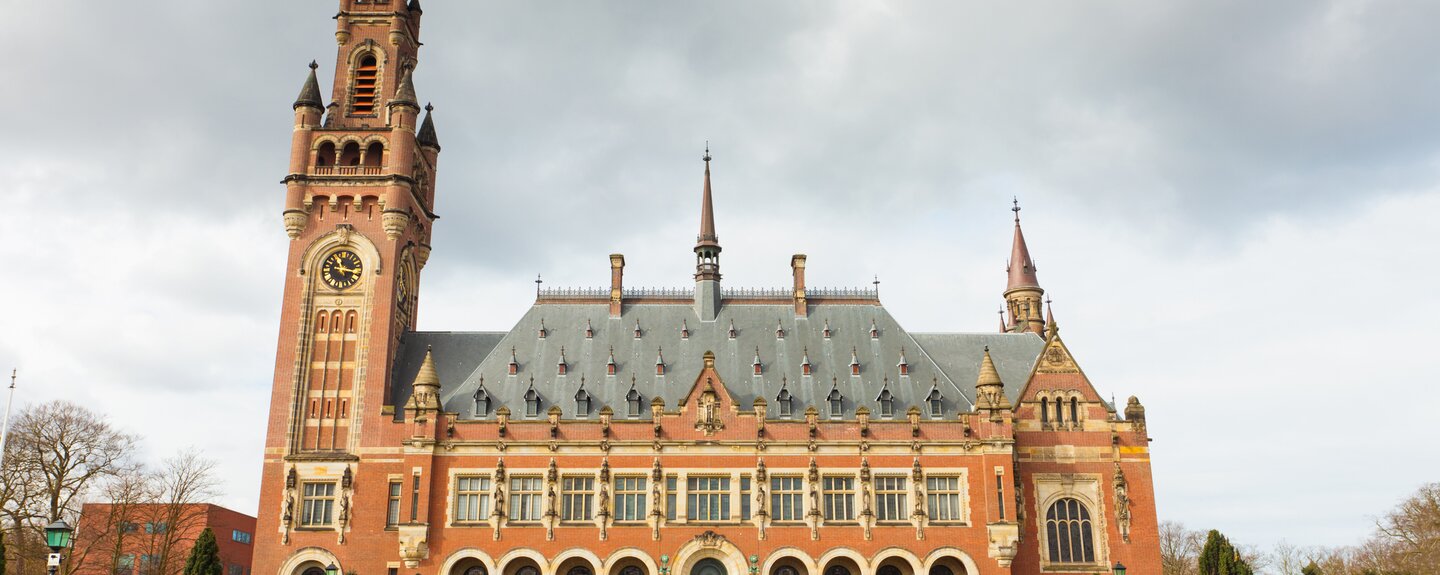The biggest lawsuit about the climate crisis
On Monday December 2nd, the biggest climate lawsuit ever started in the Peace Palace, here in The Hague. It is not only the largest climate case, but it is the largest lawsuit in general. 98 countries and around 12 organisations will testify. The island state of Vanuatu has asked the International Court of Justice (ICJ) for a so-called ‘advisory opinion’ on the responsibility of states in combating climate change. Because the costs and consequences of the climate crisis are now falling on the Global South, and specifically small island states like Vanuatu.
During the first week of the hearings, I joined the public seats of the Peace Palace during the hearings and I met Indigenous activists outside the court. Because why is this case so important and why is the attention of the Dutch sustainability sector absent?
Vanuatu is a small island state near Australia. It is one of the many island states whose future is at stake due to anthropocentric climate change. And like most countries in the Global South, Vanuatu has played no part in global warming. This inherently unfair reality of the climate crisis already led to a failed COP29 in Azerbaijan. Climate financing from the Global North ultimately amounted to a paltry 300 billion per year, far below the target of the Global South. The fact that the Global North is largely responsible for global warming and the climate crisis is and remains the elephant in the room. The historical facts do not lie about who was responsible for emitting the CO2 emissions, see the figure from Shivant Jhagroe’s insightful book on climate justice:
Source: Voorbij Duurzaamheid, Shivant Jhagroe 2024, p. 112
The discussions at the climate summits are sluggish and difficult, because they are plagued by politics and lobbyists. The interests of countries sometimes weigh more heavily and every word must be weighed in the final agreement. If the ICJ gives a different interpretation to state responsibility, this can have major consequences – and politics is circumvented. The ICJ has been asked to look at two questions:
- What are the obligations of countries under international law and regulations to combat anthropocentric climate change?
- What are the legal implications if countries cause major damage to the climate and other countries, specifically regarding small island states and other ‘developing countries’, current and future generations?
The countries and organisations that testify all answer these two questions. Politics are very visible in these responses. On Tuesday afternoon I took a seat in the public seats to hear the contributions of a number of countries. Roughly speaking, it comes down to the following: countries from the Global North have a narrow interpretation of their responsibility, which is limited to international treaties such as the Paris Climate Agreement and biodiversity agreements. Countries with fairly new and large industries, talk about ‘sustainable development’, in order to continue emitting under the green flag. The Global South sees the Global North as primarily responsible for the climate crisis and asks them to take up the gauntlet: solidarity in financing and in measures.
The question is what the ICJ will do. The rulings of the International Court of Justice are not binding, as national law is. However, the ruling does have a precedent and can become ammunition in other legal cases, specifically legal cases against major polluting countries. Think for example of the climate case of residents of Bonaire together with Greenpeace against the Dutch state. The jurisprudence that comes out of this biggest court case, can help other court cases. The importance of this case was confirmed again, when I talked to people who also entered the court with me and told me that they considered this case more important than the COP. There are many NGOs, activists, lawyers and other representatives of 98 countries that are heard present in The Hague. Only the representation from the Dutch sustainability sector is rather… meagre.
There are hardly any gatherings regarding the legal case set up by Dutch organizations. Three international youth organizations provide the most important 'side' programming. I joined the programming by going to the last day of the ‘People’s Assembly’. Here, residents from mainly the Global South were given a platform to tell what the impact of the climate crisis is on their way of life, land, sea and biodiversity. Many Indigenous activists shared the pain of the disappearance of their culture and country. Lived experience was paramount here, versus the static legal arguments in the Peace Palace.
I will end by calling on you to actively keep yourself informed about the trial and seek out the voices of the frontline communities. Follow Pacific Island Students Fighting Climate Change for updates on the testimonies, provided by commentary. Go to your local bookstore and pick up Voorbij Duurzaamheid van Shivant Jhagroe to better understand what climate justice is. Never forget that the climate crisis is global, that the Netherlands has an indebted position of power in this and that solidarity and cooperation are the only way forward.
The hearings will run until December 12th. The ICJ ruling will be delivered somewhere in 2025.










